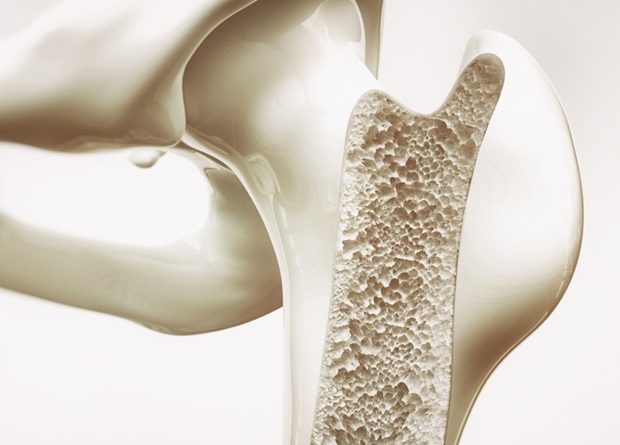ofloxacin solubility in ethanol
Combat-related injuries to bone are common in military personnel and can lead to pain and disability. Results from a new study in the Journal of Bone and Mineral Research suggest that amputations for such injuries may negatively affect bone mass.
In the study of 575 male adult UK military personnel with combat-related traumatic injuries and 562 without such injuries, veterans who sustained traumatic amputations often had low bone density in the hip region. Changes in bone health appeared to be mechanically driven rather than systemic and were only evident in those with lower limb amputations.
We hope these results will drive further research into ways to reverse bone mineral density changes. We need to investigate the role of prosthetics and exercise in reversing bone mineral density loss to reduce the longer-term risk of hip fracture. Because systemic treatments like bisphosphonates are not indicated in this young population with bone mineral density loss, it is important to understand other ways to reduce their hip fracture risk."
Group Captain Alex Bennett, comprar shampoo anticaspa selsun azul Co-Author, Defense Professor of Rehabilitation, Defense Medical Rehabilitation Centre
Wiley
McMenemy, L., et al. (2023) Association Between Combat-Related Traumatic Injury and Skeletal Health: Bone Mineral Density Loss Is Localized and Correlates With Altered Loading in Amputees: the Armed Services Trauma Rehabilitation Outcome (ADVANCE) Study. Journal of Bone and Mineral Research. doi.org/10.1002/jbmr.4794.
Posted in: Medical Research News | Medical Condition News | Healthcare News
Tags: Amputations, Bone, Bone Health, Bone Mineral Density, Disability, Education, Exercise, Fracture, Hip Fracture, Metabolism, Musculoskeletal, Pain, Research
Source: Read Full Article
